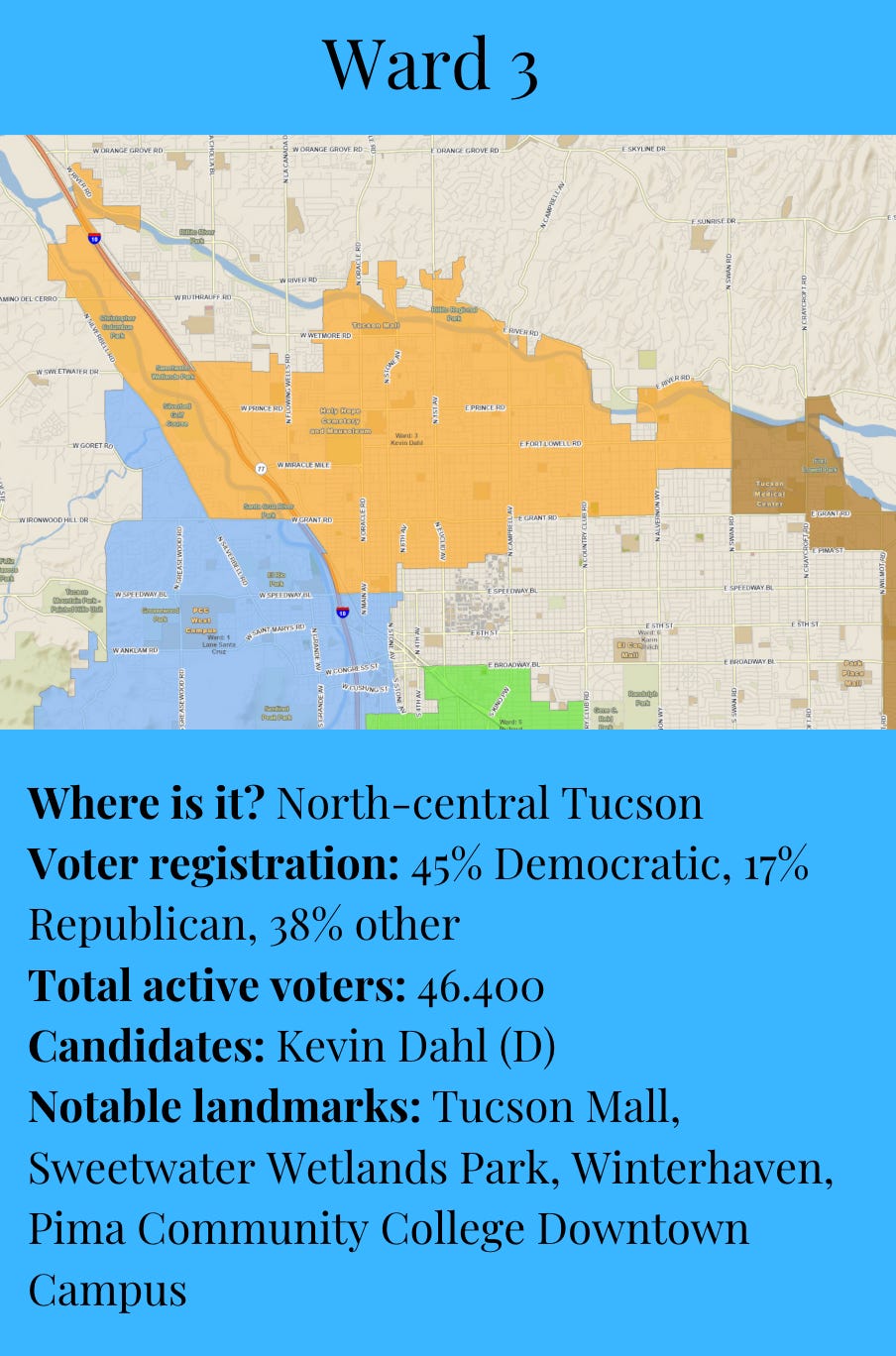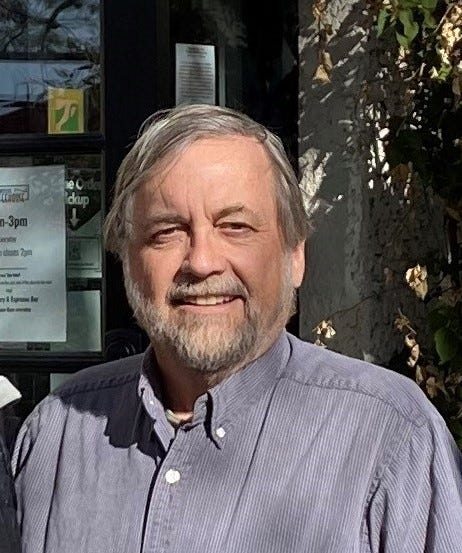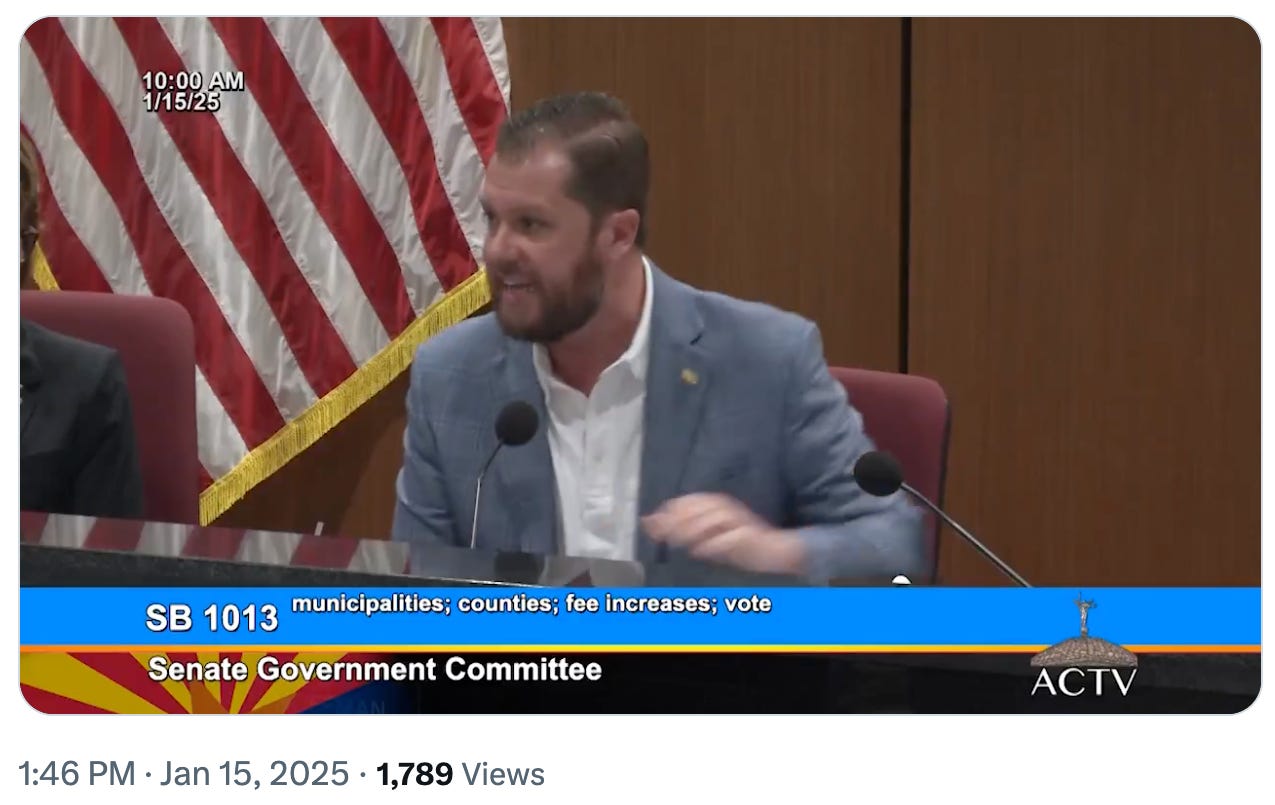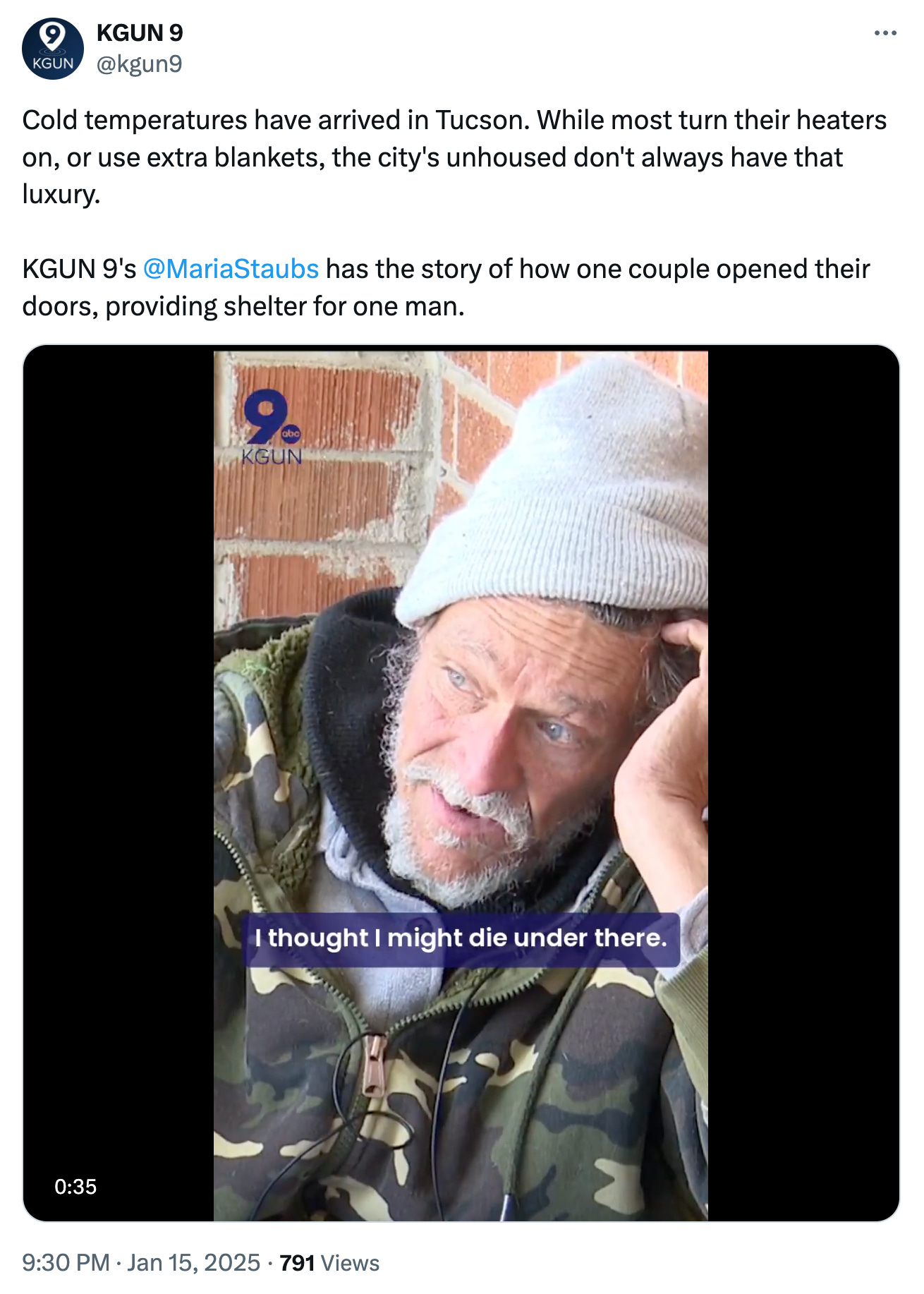The race for the Tucson City Council seat in Ward 3 is the least competitive of the three seats up for grabs this year, at least so far.
Councilman Kevin Dahl is running unopposed for a second term in this north-central ward, where the council seat was basically a revolving door before he won three years ago.
Former Ward 3 Councilwoman Karin Uhlich tried to retire in 2017 after more than a decade in office, but she didn’t stay retired for long. The next person in the seat, Councilman Paul Durham, resigned in 2021 to recover from an injury and care for his husband, who was fighting cancer.
Uhlich stepped back into her old seat to finish out Durham’s term (like she’s doing now in Ward 6 after former Councilman Steve Kozachik resigned), with the promise that she wouldn’t run for a full term.
That opened the door for Dahl, who won the seat with 58% of the vote in 2021. He beat out Republican write-in candidate Alan Harwell, Jr. and independent Lucy LiBosha, both political newcomers.
But, as is the case with all Tucson council seats, the real race was the Democratic primary. Even then, Dahl cruised to victory.
Dahl beat Juan Padrés by 1,444 votes in the primary. That might not sound like a lot, but council races involve so few voters that the tally was Dahl with 60% of the vote and Padrés with 40%.
Dahl might not be the only candidate in this year’s race for long.
Pima GOP Chair Kathleen Winn said she expects to see a Republican enter the race soon.
And this year will be the first political cycle in Ward 3 where city council members are paid more than a pittance.
Voters approved a raise for both the council and the mayor in 2023, increasing the annual salary for a councilmember to $76,000 a year, which is likely to attract more candidates.
You can increase the salaries of local reporters with just a click of a button!
Looking back on his first term
Environmental work: Dahl has a long career in environmental conservation and he advocated to hire Brad Lancaster, a well-known local expert in rainwater harvesting, to study whether the city was enforcing rainwater harvesting requirements on new commercial construction. The audit revealed that the city had not been effectively enforcing the requirements for years and Dahl pressed the city to step up enforcement.
Taking on towing companies: Dahl is also proud of spearheading changes in the city’s towing ordinance to rein in “predatory practices” in the towing industry. The changes capped the maximum daily towing charges, required signage in towing areas, required companies to be open for a few hours after towing a vehicle to allow individuals to pick up their cars, and mandated photo evidence of the parking violation.
Siding with the big guy: While he makes it clear he doesn’t shop there, Dahl did support the 28,000 square-foot expansion of the Wal-mart on Wetmore near the Tucson Mall. He said the expansion gave local residents in some of Tucson’s poorest neighborhoods access to another grocery store, and the world's largest retailer paid for permanent off-site improvements to improve pedestrian safety.
Charitable work: He also worked with neighborhood leaders to set up Friends of Ward 3, a nonprofit charity aimed at helping individuals who are struggling economically. Recently, the volunteer-led group made a donation to the Wildcat Inn, a homeless shelter, and has been collecting money to give pre-made bags to the homeless with new socks and sanitary supplies.
Homelessness: While highlighting his successes in office gives a good overview of his last three years in office, failure is also a powerful teacher. He said while the city has a number of accomplishments in terms of addressing homelessness, it still isn’t doing enough. He plans to turn a former fire station in Ward 3 into a homeless shelter that will help roughly 70 to 80 people, he said, but it still leaves too many families living out of their cars.
He supports sanctioned camping — supervised spots on public land where people experiencing homelessness can set up temporary shelters, store their stuff safely, and have access to clean bathrooms — as part of the city’s Housing First strategy.
“We need to find a place for people living in their cars that are safe and protected,” he said
Senate Bill 1013: This bill would require a two-thirds majority vote for any city council or county board of supervisors to raise an assessment, tax or fee.
The goal of the bill, as GOP Sen. Jake Hoffman said at a hearing Wednesday, aims to “protect the people from out-of-control and out-of-touch local governments.”1
The Senate fact sheet (which we found in mere seconds by using our legislative-tracking service, Skywolf) says the bill would model local decisions after the state’s Prop 108, which since 1992 has required two-thirds of the Legislature to vote for any bill that increases taxes or fees.
The bill likely wouldn’t have too much of an effect on the Tucson City Council, where the seven members of the all-Democratic council tend to agree with each other. But it would eliminate the wiggle room for the four Democrats on the Pima County Board of Supervisors.
The supervisors would need four out of five votes to raise taxes or fees. That would mean if even one of them joined Republican Supervisor Steve Christy in his frequent “no” votes on fiscal matters, then the measure would fail.
SB1013 was introduced by Senate President Warren Petersen, so it’s probably not just a flash in the pan — it was one of the first bills to make it through a committee hearing when the Legislature opened up this week.
Moving ahead: The City of Tucson’s arrangement with ByFusion, a company that converts hard-to-recycle plastic into building blocks, took a step forward yesterday as city officials broke ground on a new facility that will pull up to 200 tons of plastic from the city landfill every month, the Arizona Daily Star’s Charles Borla reports. The city is paying for the $2 million facility, in exchange for 10% of the building blocks produced at the facility. The city has worked with ByFusion for the past three years, and their arrangement has grown from a pilot program in 2022, to a long-term agreement in 2023, and now the new facility.
Eliminating vestiges: For the first time in decades, the Tucson Unified School District won’t have federal court oversight, the Tucson Sentinel’s Dylan Smith reports. The 9th Circuit Court of Appeals upheld a 2022 ruling that released TUSD from court supervision, a condition for the district since the 1970s when the district failed to fully integrate their schools. The appeals court judges said TUSD “has eliminated the vestiges of its past discrimination to the extent practicable.”
Hard pass: The City of South Tucson won’t participate in the expected mass deportation program by the Trump administration, KGUN reports. The city sent out a press release Wednesday saying “immigration enforcement is not the role of local police.”
"Leaders of the City of South Tucson are committed to safety, justice, and equality for all, and that’s why we are putting forward this unified message of reassurance," Mayor Roxanna Valenzuela said.
Call to the public: Tucson officials are reworking the city’s master plan and they want to hear from voters before the end of the month, the Arizona Luminaria’s Yana Kunichoff reports. They’re circulating a draft of Plan Tucson that they want the public to help refine before they present it to the city council. If the council signs off, then the plan heads to voters in November.
“One key reason to give input is because what’s in this plan impacts what policies the city can pass,” Principal Planner Cesar Acosta said. “If you care about any other project, any other initiative, you want to know: does it comply with the general plan?”
This is an oldie, but a goodie. When April Fools’ Day rolled around last year, Tucson City Councilman Kevin Dahl sent out a newsletter saying “Ward 3 Converts to Artificial Intelligence.”
Dahl and his staff quipped about getting grants from Big Tech companies and solar-powered toilets with mini-fridges attached, but one image stood out from the rest: the DahlBot, who would supposedly attend City Council meetings.
If you’re wondering how that jibes with the conservative value of local control, Hoffman squared that by saying, “When we talk about local control, what we actually are talking about is the House and the Senate. That is the proper place for local control.”












I sure wish that every time you mention Jake Hoffman, you would include that he is an indicted fake elector from the 2020 election.
Nothing says "local control" like GOP senators from the Phoenix area telling Tucson what to do.